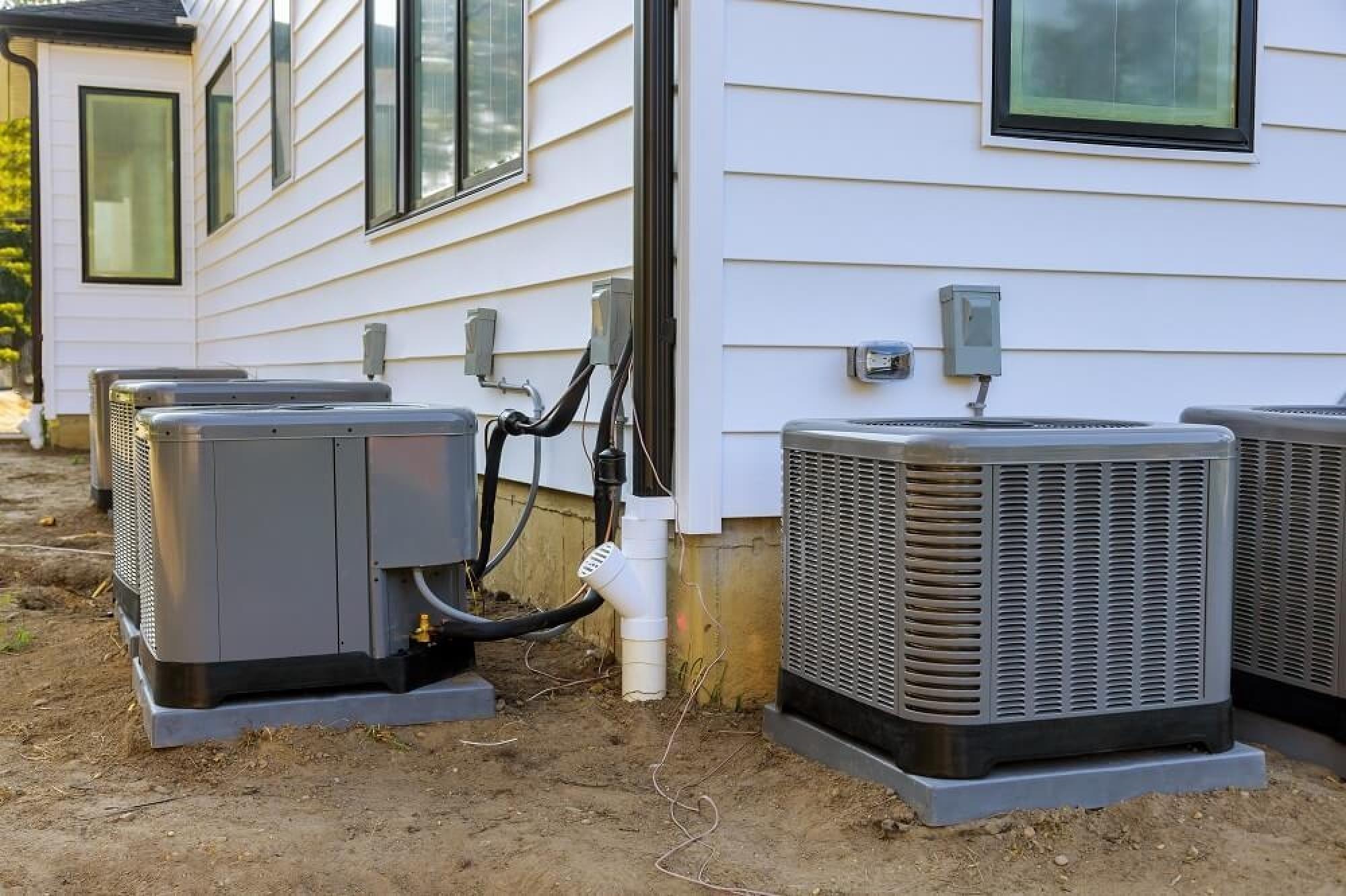The question of whether an air conditioner operates on gas or electricity is a common misconception that often leads to confusion. In this enlightening article, we will explore the truth behind the workings of air conditioners, debunk myths about their power sources, and introduce smart AC solutions that contribute to efficient cooling and energy conservation.
Understanding Air Conditioning Basics
Before delving into the gas vs. electric debate, let’s clarify the fundamental principles of air conditioning. Air conditioners are designed to cool indoor spaces by removing heat and humidity from the air. This cooling process involves the circulation of a refrigerant fluid that undergoes cycles of compression and expansion to absorb and release heat.
The Power Source: Electricity
Contrary to some beliefs, air conditioners are primarily powered by electricity, not gas. Electricity is used to drive the various components of an air conditioner, including the compressor, fan motors, and control systems. The refrigeration cycle, responsible for cooling the air, is achieved through the manipulation of the refrigerant’s pressure and temperature, which is facilitated by electricity.
Dispelling the Gas Misconception
While air conditioners do not operate on gas, the term “gas” is often associated with a different aspect of cooling: the fuel used in furnaces or heating systems. Furnaces can use natural gas or propane as fuel sources for generating heat. It’s important to differentiate between the functions of air conditioning and heating systems, as they serve distinct purposes and employ different energy sources.
Smart AC Solutions for Efficient Cooling
Now that we’ve cleared up the confusion regarding the power source of air conditioners, let’s explore smart solutions that enhance cooling efficiency and promote energy conservation:
- Energy-Efficient Models: Opt for energy-efficient air conditioner models with higher SEER (Seasonal Energy Efficiency Ratio) ratings. These units consume less electricity while providing effective cooling.
- Smart Thermostats: Install smart thermostats that allow you to control your AC remotely and set energy-saving schedules, optimizing cooling while minimizing energy consumption.
- Regular Maintenance: Schedule regular maintenance for your air conditioner to ensure its components are clean and in optimal condition, allowing it to function efficiently.
- Proper Insulation: Ensure your home is well-insulated to prevent cool air from escaping and hot air from entering, reducing the strain on your AC unit.
Dispelling Myths for Informed Choices
It’s essential to separate fact from fiction when it comes to understanding how air conditioners work. By debunking the myth that air conditioners run on gas, you can make informed decisions about your cooling system and effectively manage your home’s comfort and energy usage.
FAQs
1. Do air conditioners run on gas or electricity? Air conditioners run on electricity. The cooling process involves the manipulation of refrigerant using electricity to remove heat and humidity from indoor air.
2. What is the role of gas in air conditioning? Gas is not directly involved in air conditioning. However, in heating systems or furnaces, gas (natural gas or propane) is used as a fuel source to generate heat.
3. How can I make my air conditioning more efficient? Opt for energy-efficient models, use smart thermostats, schedule regular maintenance, and ensure proper home insulation to enhance cooling efficiency and reduce energy consumption.
Zeeshan is a seasoned tech expert and senior writer at Teckrr.com. With over 10 years of experience in tech journalism, he brings insightful analysis and up-to-date information on the latest tech trends. Zeeshan holds a MBA degree from Business and Tech University and is known for his engaging writing style and ability to demystify complex tech topics. Stay connected with the cutting-edge of technology through his expert lens.

Leave a Reply